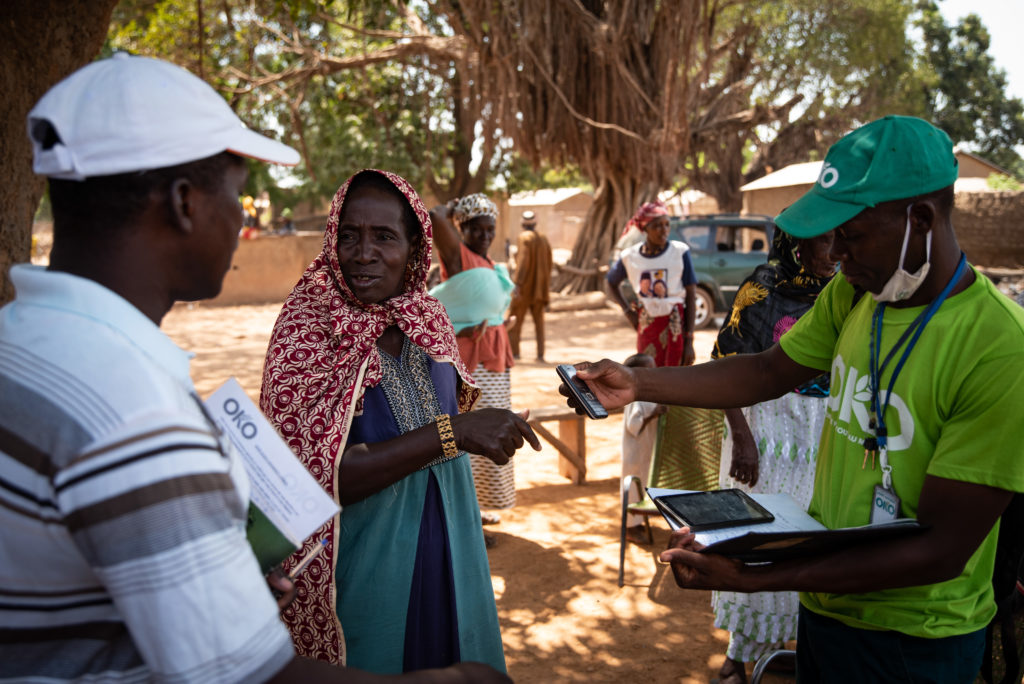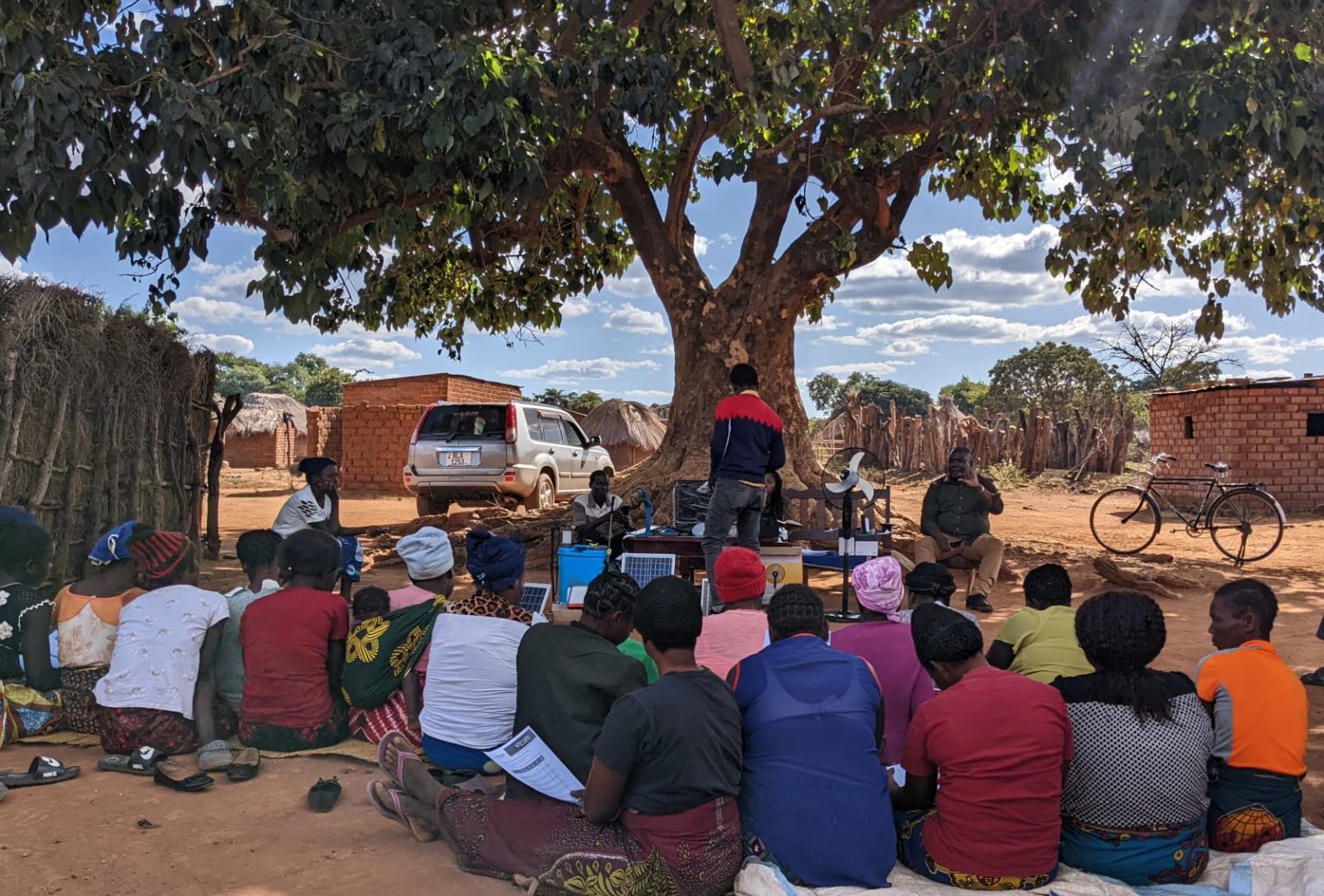As thousands of delegates from all over the world gather in Sharm el-Sheikh, Egypt for COP27 to take action towards achieving the world’s collective climate goals, we take a moment to reflect on our contribution to climate finance.
Expectations are high for developed countries to deliver on their climate finance commitments. Globally, there is a large untapped climate-smart investment opportunity of at least US$23 trillion, of which US$13 trillion is expected to be provided through bank financing. SCBF is committed to enabling financial sector partners to become more sustainable and contribute to a greening economy and growth. We believe that investing in inclusive finance for a green future is crucial for the planet’s survival. Over the past few years, we have fostered the innovation and scale-up of diverse financial services, products and channels that advance climate change mitigation and adaption. We have prioritised solutions that:
- Connect clean energy solution providers, financial institutions and low-income clients or small businesses, allowing them to power their lives and livelihoods in a sustainable manner; and
- Protect vulnerable groups, such as smallholder farmers, against the financial risks imposed by a changing climate.
Why is this our priority?
Globally, poor people contribute least to climate change yet suffer most from its effects. Their low incomes translate to a lack of strategies for effectively avoiding, absorbing and adapting to shocks.
Even though smallholder farmers, and micro, small and medium size enterprises’ (MSME) power economies in the Global South, they are generally the ones that bear the brunt of the climate crisis. They have limited access to information, technology and the financial resources required to adequately face and recover from climate shocks. Often, they may not understand how exactly climate change affects their business and the benefits of financial solutions, such as index-based insurance. As their primary focus is ensuring the productivity and profitability of their farms or businesses, their capacity to think in ‘green’ terms is also limited.
At the same time, financial service providers lack the incentive needed to cater to this group not only because smallholder farmers and MSMEs are considered ‘high risk’, but also because of the high costs associated with reaching them.
At SCBF, we recognise the potential of inclusive finance in helping address the sustainable development challenges, and the opportunities it presents to improving the success and sustainability of un(der)served farmers and MSMEs.
What do these solutions look like?


Since inception, SCBF has committed over CHF 3.5 million to test and scale-up client-centred solutions which build climate resilience by:
- Leveraging digital technology, such as mobile phones and satellite data, to protect smallholder farmers against extreme weather shocks like droughts, floods or cyclones;
- Employing agent networks and mobile money to scale-up insurance distribution to rural farmers and expedite claims processing;
- Enabling rural clients to access environmentally-savvy loans, for instance to treat agricultural waste or access solar-powered irrigation systems; and
- Developing integrated solutions that bring together financial stakeholders and providers of clean energy tech to power rural households and businesses.
We invite you to read the below briefs and learn about our work in climate finance and emerging inclusive finance solutions:

